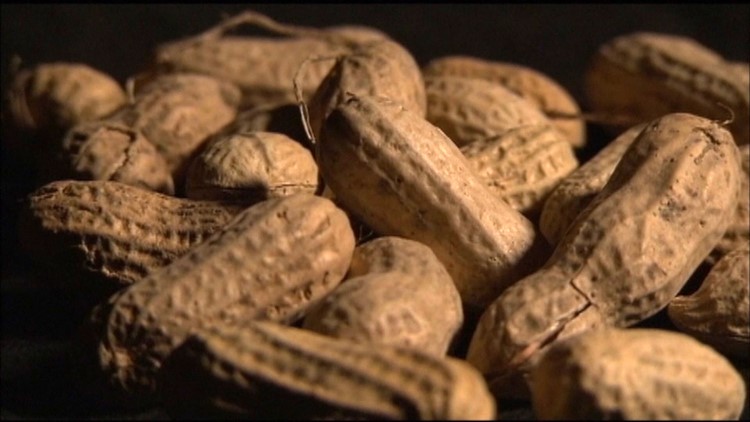A new possible treatment for peanut allergies has had a successful first study, but will it cure people of severe allergic reactions?
"It is huge, but there are also a few caveats to keep in mind," says Dr. Elizabeth Meade of Swedish Hospital. "This was a study that looked at mostly kids and some adults in the initial group that were severely peanut allergic."
The study used a drug derived form peanut protein. Participants in the study were given the drug at very low levels, then gradually upped their dosage until they were consuming a daily dose equal to half of a peanut.
"After six months on that dose, they tested them with a challenge of consuming a peanut and saw how they reacted. The people who had taken this drug for the last few months had a much lower risk of anaphylaxis or severe symptoms from the peanut ingestion, says Dr. Meade.
However, the drug is not a perfect solution for those with severe peanut allergies.
"This is not a cure, peanut allergy really tends to be lifelong. If you've been taking this medication every day, the intent is really to keep kids what we call 'bite-safe' meaning that if you accidentally take a bite of something that has peanut in it, you have a lower chance of having a severe reaction," Dr. Meade says. "We are certainly not recommending that if you take this medicine, you can go out and have a peanut butter sandwich."
Beyond this, no one really knows how long the effects of the drugs will last.
"They had these people on the drug for about six months and then they found a good response, but again, it's lifelong so we don't know if they have the same affects at a year, five years, or ten years out," Dr. Meade says.
In addition to these unknowns, it's not certain how much the drug will cost and whether or not insurance will cover the treatment.
"We don't know enough yet about how it's going to impact the general public."
Dr. Meade says that peanut exposure at young age can prevent peanut allergies.
"We can talk about this treatment which is likely to be very expensive and not curative, but I think the money is really in preventing those peanut allergies from developing in the first place. We used to say, wait until after a year for these common [foods] but now we say around six months with the early introduction of food," Dr. Meade says, adding, "if your child's not at high risk for having severe allergies, go ahead and use those age-appropriate products that contain peanuts. We think that really does lower the chance of developing allergies to foods."



